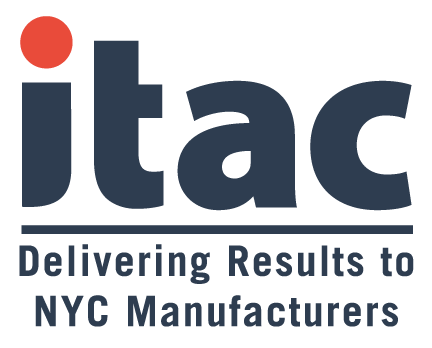Future-Proof Your Manufacturing While Supply Chains Are In Flux
Manufacturers are entrepreneurs at heart. Intense global competition requires them to iterate until their business is a finely tuned machine, then do everything they can to keep things status quo. This spring, Covid-19 upended the status quo for nearly every business in the world.
The pandemic has decimated entire industries, interrupted global supply chains, sidelined manufacturing trade shows and disrupted traditional business development and purchasing processes. These pervasive challenges have resulted in unexpected opportunities for some U.S. manufacturers who are now reimagining the future and returning to their entrepreneurial roots.
The best way to ensure your manufacturing business is sustainable over the long run is to be properly diversified. Whether you are restoring lost sales or growing your business, you do not need a major shift in your company’s direction in order to diversify. Diversification can be done in small, purposeful steps.
Why this is different than the Great Recession
Manufacturers no doubt have the Great Recession on their minds. But the pandemic is a different dynamic. By the time the U.S. economy hit bottom in 2009, it was too late for many to diversify because every manufacturer was competing for less work, which isn’t the case today.
Factors driving this unusual window of opportunity include:
- Opportunities to win work from competitors with supply chain issues, especially from those over-reliant on overseas sourcing
- New markets that have emerged as a result of changes in how we live, work and learn
- Significant uncertainty and risk that manufacturers and suppliers will face over the next two years
- Companies with a strong online message have a new advantage since trade shows have been cancelled and onsite sales calls are often not possible
Changing priorities may favor your value proposition
Manufacturers have succeeded by learning their customers’ needs and serving them well. What you have become good at — your value proposition — defines your customer base.
The priorities of your current and potential customers may have changed. Maybe that customer that you could never land in the past because of price now cares more about stability or lead time. If you are great at stability and lead time, now might be your chance to win that customer.
Your first step should be to find potential customers that know your business and expand from there. Here are some steps you can take to pursue new customers:
- Identify your competitive strengths amid this uncertainty. Is your supply chain more flexible? Are you in a more stable cash position?
- Review market reports in your industry or adjacent markets to find areas where your strengths have become more relevant.
- Update your marketing materials, especially your web presence, to focus on those strengths.
Paths to diversification and growth
The pandemic offers manufacturers many paths to diversification and growth. The traditional approach of expanding into new markets or new products, such as personal protective equipment (PPE), is a path worth exploring.
Another approach is to shift your focus to underserved customer sets in your current portfolio. Customers who you may have considered a “side business” may be growing, and that growth can create new opportunities for you to serve them.
There is also a real opportunity to reshore work that original equipment manufacturers (OEMs) have previously outsourced. The global supply chain risks have gone from theoretical to very real. OEMs are bearing additional costs and are more willing than ever to change suppliers.
Here are some examples of companies that have succeeded by seizing these opportunities from the MEP National Network.
A marketing investment expansion: Haskell Education
Haskell Education in Bala Cynwyd, Pennsylvania, has diversified from its core business of making office furniture to also making K–12 classroom furniture. Today, education leaders, with social distancing in mind, are looking for portable, modular classroom setups with multiple configurations and interfaces.
Haskell previously made considerable annual investments in trade shows, but with the quarantine they quickly developed an augmented reality (AR) feature that will allow visitors to view how products will look and fit in their own facilities. Haskell also aggressively sought out opportunities to position themselves as thought leaders for classrooms of the future.
Filling supply chain voids: Dickson Industries
Dickson Industries in Des Moines, Iowa, makes knit fabrics, garments and textile products for a range of industries that often require certifications and regulatory requirements, such as food processing and filtration.
When the call went out for the emergency production of PPE, Dickson began producing medical gowns. With encouragement from their customers, Dickson has created a new business line for the gowns and is now part of a larger strategic rethinking of medical supply chains in North America.
Using a core process in an adjacent market: GlobalTech Plastics
GlobalTech Plastics in Fife, Washington, is a full-service plastic injection molding company that serves the aerospace, medical and transportation industries. GlobalTech used its rapid launch program, featuring CAD and 3D printing for rapid tooling and prototyping, to respond to a state call to produce certified medical face shields.
This put GlobalTech in a position to join a collaborative effort with other manufacturers and health care professionals to refine the design and manufacturing process in order to achieve high-volume production.
Agile leadership is key to diversification
The past eight months have been defined by the global pandemic. As we prepare for recovery, having proactive, agile leadership can help ensure your manufacturing business is properly diversified and sustainable.
For help making strategic decisions, connect with one of the 1,400 trusted advisors and manufacturing experts across the country who are part of the MEP National Network. Reach out to ITAC if you are an NYC manufacturer or technology company.
The MEP National Network is a unique public-private partnership that delivers comprehensive, proven solutions to U.S. manufacturers, fueling growth and advancing U.S. manufacturing.
A big thank you to Mike O’Donnell and his team at CIRAS (Iowa MEP Center), DVIRC (part of the PA MEP) and Impact Washington (Washington MEP Center) for their work on this article. To read the full article click here.






